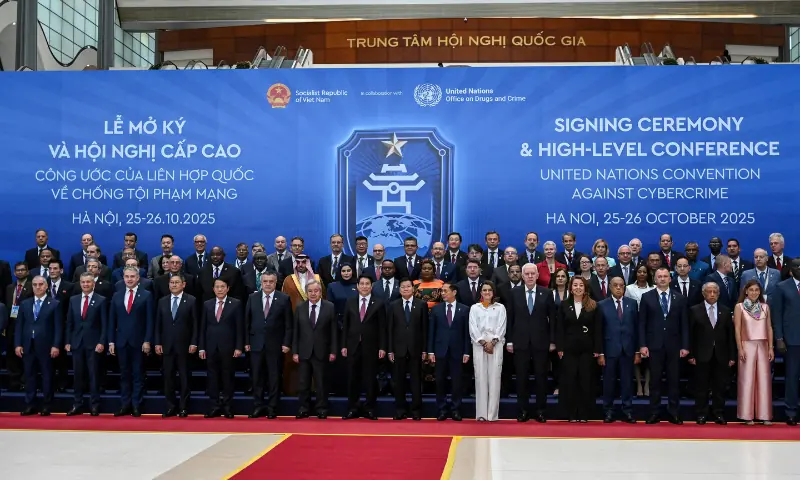More than 60 United Nations member states have signed a new cybercrime treaty that aims to enhance international cooperation in combating digital crime. This landmark agreement, however, faces opposition from several human rights organizations that worry about potential threats to privacy and freedom of expression.

What Does the Treaty Mean for Global Cybersecurity?
The new global legal framework seeks to address the growing challenge of cybercrime by fostering collaboration among countries. Supporters believe it will help nations coordinate more effectively against threats like hacking, data theft, and online fraud. The agreement comes at a time when cyberattacks are on the rise, affecting governments, businesses, and individuals worldwide.
Concerns from Rights Groups
Despite its intention to fight cybercrime, human rights groups express concern that the treaty could be misused by some governments to suppress dissent or monitor citizens unlawfully. They warn that broad definitions of cybercrime might allow crackdowns on journalists, activists, and ordinary internet users.
As the treaty moves forward, it will be crucial to balance security with the protection of fundamental rights. Ongoing dialogue between governments and civil society remains essential to ensure the treaty is implemented responsibly.
Sources:
Source
















